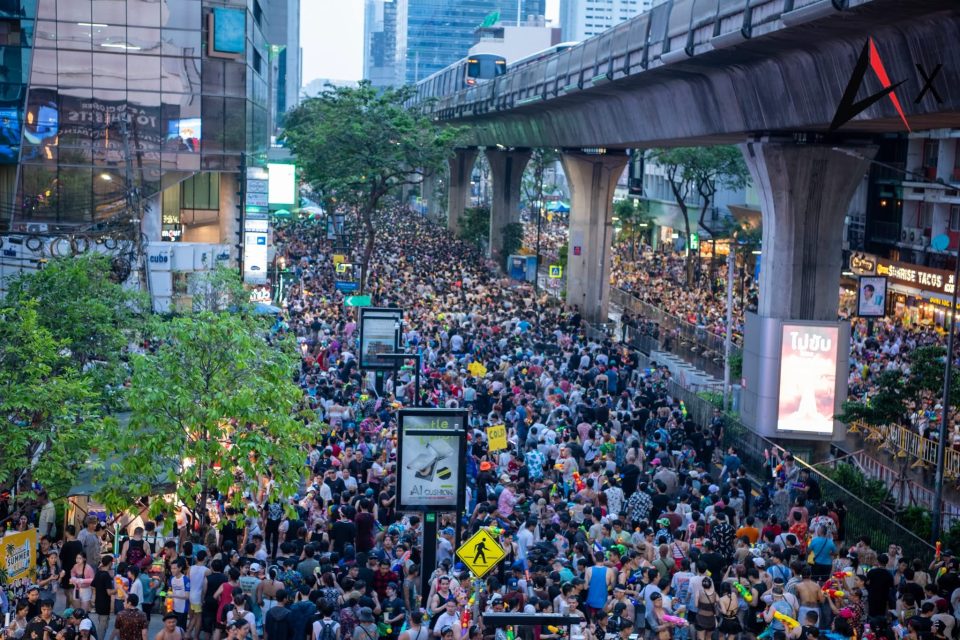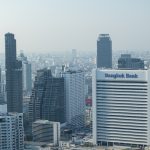Bangkok recorded the highest revenue in the country during the Songkran holiday, with spending estimated at 4.1 billion baht. However, nationwide hotel occupancy rates fell by 10 percentage points due to ongoing declines in Chinese arrivals, according to tourism officials on Friday.
The Maha Songkran World Water Festival 2025, held at Sanam Luang from April 11-15, attracted 1.1 million visitors, 90% of whom were local residents, as reported by Thapanee Kiatphaibool, governor of the Tourism Authority of Thailand (TAT).
Eastern provinces generated approximately 4.04 billion baht in revenue, while the North experienced the most significant year-on-year growth in spending, increasing by 30% to reach 2.5 billion baht.
From April 12-16, foreign arrivals totaled 421,394, contributing 6.45 billion baht to the tourism sector. The strongest year-on-year growth was observed from European visitors at 42%, followed by Oceania (29%), South Asia (22%), and the US (13%).
Nationwide, Songkran revenue this year reached 28.7 billion baht, a 17% increase compared to the previous year, with Bangkok leading in both visitor numbers and revenue, Thapanee said.
Crowds Swell in the Capital
Approximately 2.8 million people participated in Songkran festivities in Bangkok, with Sanam Luang being the most popular venue, according to the Bangkok Metropolitan Administration (BMA).
The BMA facilitated 17 major sites for Songkran celebrations from April 11 to 15, noted Chatree Wattanakajorn, deputy permanent secretary of the BMA. The top three locations included Sanam Luang, with 1.1 million attendees, Khao San Road, drawing 459,737 visitors, and Silom Road, with 358,728.
The celebrations generated 313 tonnes of waste, with Silom Road producing the most at 74.8 tonnes.
This year, crowds were predominantly concentrated in Bangkok as many travelers opted to stay put rather than travel regionally, observed Thienprasit Chaiyapatranun, president of the Thai Hotels Association (THA). Many domestic tourists returning to their hometowns likely stayed with family instead of at hotels.
As a result, the average hotel occupancy rate nationwide decreased by 10 percentage points from 71.5% during the same period in 2024, according to the THA.
Thienprasit remarked that the TAT successfully attracted more long-haul visitors during Songkran, even though it is typically an off-season for these markets. However, these increases were not sufficient to compensate for the decline caused by reduced Chinese tourism, which is still affected by ongoing safety concerns regarding Thailand.
He noted that in the aftermath of Songkran, there is an emerging trend of increased price competition among hotels of all types, as recent reports indicated a significant drop in average room rates at upscale hotels in Thailand since the high season ended.
Dusit Hotels and Resorts recently launched a campaign offering a complimentary night with each night booked across its properties in Thailand and abroad, for bookings made from April 22-27, with stays extending from April 22 to December 20, 2025.
Thienprasit predicted that more five-star hotels would likely adopt similar strategies to enhance value for guests if the decline in the Chinese market persists.





